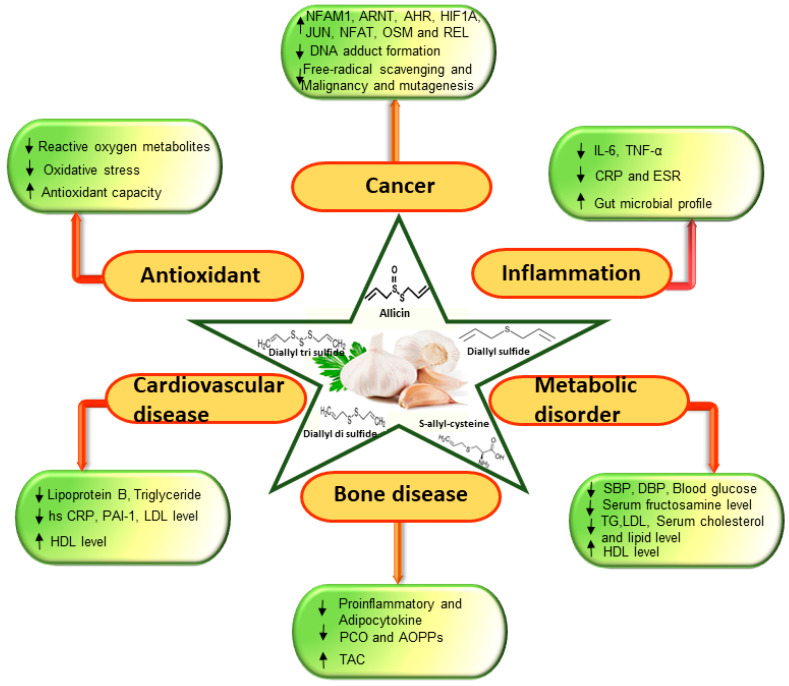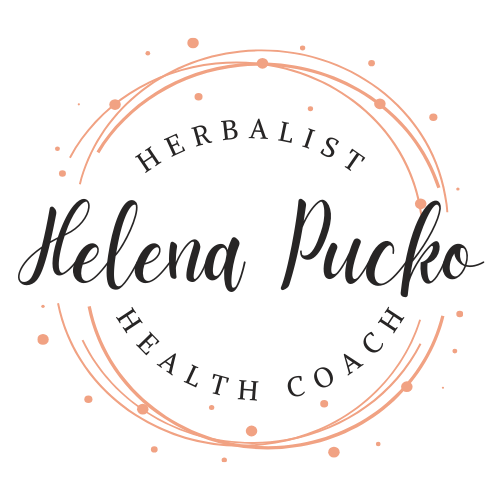Garlic is an amazing plant ally as well as every chef’s favorite secret. Not only it enhances the flavor of food, but also improves health in many ways. It has been used medicinally for a long time in many cultures, and it is especially valued for its cardiovascular and antimicrobial properties. There are records of its use in Ancient Egypt for both culinary purposes and therapeutic effect.
Garlic has a high concentration of sulfur - containing compounds including allicin which is believed to have antimicrobial, hypolipidemic, antioxidant, and antithrombotic effects.
Cooked garlic is less powerful medicinally, so to use it for colds and flu and similar conditions, it’s best used raw or infused in an oil. But you can add cooked garlic freely to soups, pastas and other culinary recipes to improve flavors.
In traditional herbal practices, garlic has been a herb of choice for treating colds, flus, sore throat, and sluggish digestion. It stimulated production of white blood cells, boosting body’s immune function. Sulfur compounds make it a powerful internal and external antiseptic, antibacterial and antimicrobial agent useful for treating many types of infection.

Garlic is also a vermifuge, used to treat intestinal worms in humans and animals.
Used daily, it is very effective for maintaining healthy blood cholesterol levels and helps prevent blood platelet aggregation, making it a great herb for circulatory issues.
Potential Health Benefits of Garlic in Human Studies
Key Constituents
- Alliin (allicilin)
- Essential oils
- Sulfur compounds
- Germanium
- Selenium
- Potassium
- Magnesium
- Phosphorus
- Vitamin A
- B vitamins
- Vitamin C

In general, garlic is considered safe and ingesting one to two cloves per day for an adult is considered a normal dose. For some people, garlic can add to much “fire” to their system causing heartburn and gastrointestinal upset and sometimes evokes anger. It can be a stomach irritant for babies and small children. It can also irritate and burned sensitive skin when applied topically.
Sources
https://www.aafp.org/pubs/afp/issues/2005/0701/p103.html
Gladstar, Rosemary: Medicinal herbs, A beginner’s guide; Storey Publishing, 2012
